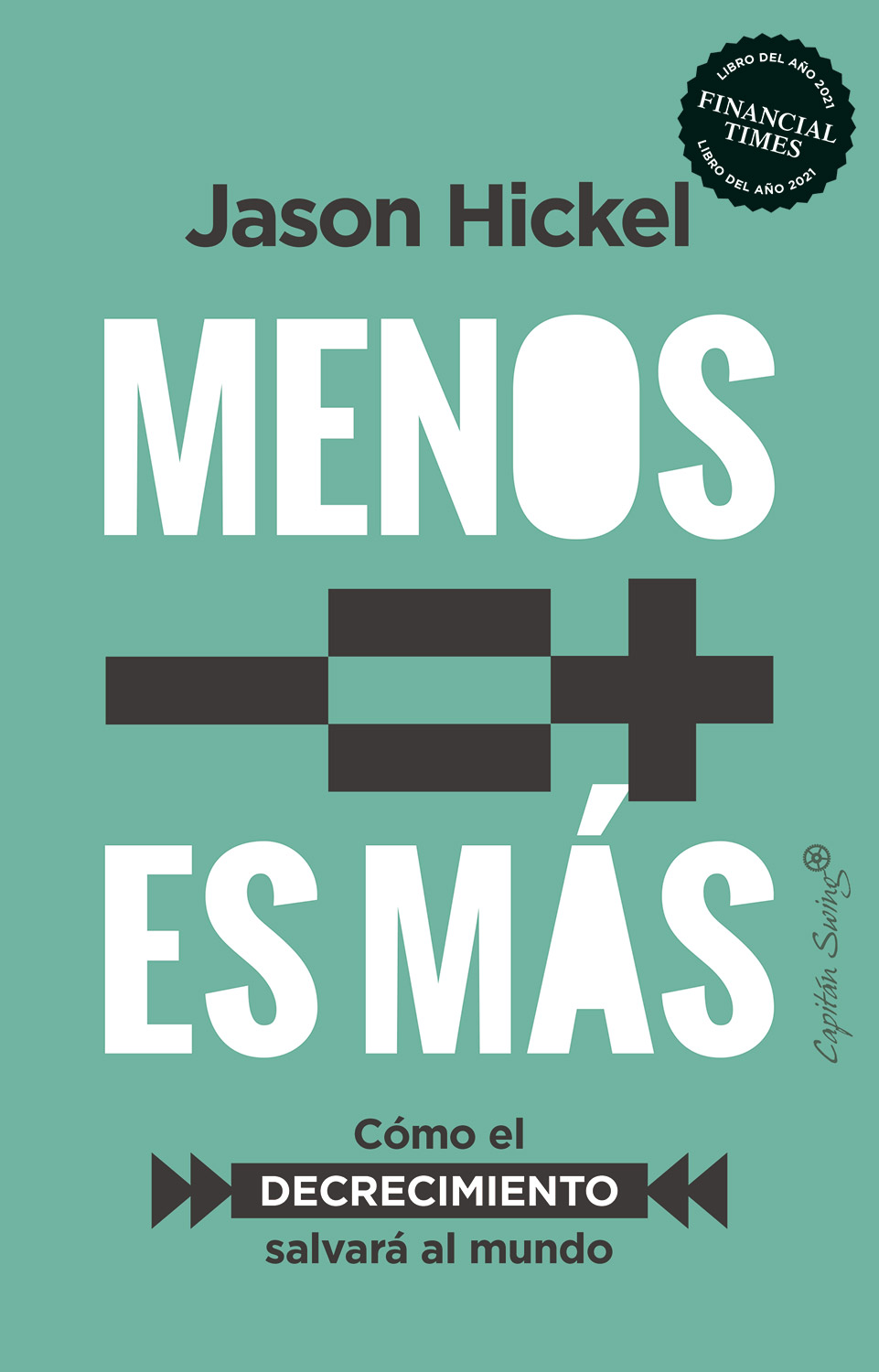zeerooth@ramblingreaders.org ha recensito Less Is More di Jason Hickel
Capitalism unmasked
5 stelle
“Less is More” is an eye-opening book that goes in detail about the rise, mechanisms and threat of capitalism. As people, governments and corporations continue their business as usual - ploughing through forests, extracting copious amounts of resources and accelerating mindless consumerism, the threat of our civilization’s downfall through the irreversible effects of climate change looms closer. Is it possible to stop it? Perhaps, but it will require for us to move away from the ever-unsustainable ideas of endless growth, Jason Hickel argues and establishes “degrowth” as the new model countries around the world should follow and gives examples of a few already successful transformations. Ideas of equality, healthcare, ecology and post-consumerism, among many others, contribute to “degrowth” and are going to be essential for creating sustainable future. It is not about asceticism, as one may fear, but about flourishing.
I hope this book finds its way to as many …
“Less is More” is an eye-opening book that goes in detail about the rise, mechanisms and threat of capitalism. As people, governments and corporations continue their business as usual - ploughing through forests, extracting copious amounts of resources and accelerating mindless consumerism, the threat of our civilization’s downfall through the irreversible effects of climate change looms closer. Is it possible to stop it? Perhaps, but it will require for us to move away from the ever-unsustainable ideas of endless growth, Jason Hickel argues and establishes “degrowth” as the new model countries around the world should follow and gives examples of a few already successful transformations. Ideas of equality, healthcare, ecology and post-consumerism, among many others, contribute to “degrowth” and are going to be essential for creating sustainable future. It is not about asceticism, as one may fear, but about flourishing.
I hope this book finds its way to as many people around the world as possible. For me, it destroyed many assumptions I had about how our economy and our relation with the environment works. It highlighted the issues of the ever-present chase for more GDP growth, consumerism and how capitalism often creates and feeds on artificial scarcity to unnecessarily produce and sell more things.
I hope humanity can address all of these issues in this century. However, there is still doubt at the back of my mind. To implement the ideas “Less is More” presents, it basically requires that mythical world peace, in order for countries to stop growing, producing so much military hardware and flexing their muscles on the international stage. And as things stand right now, we’re unfortunately not headed in that direction.




